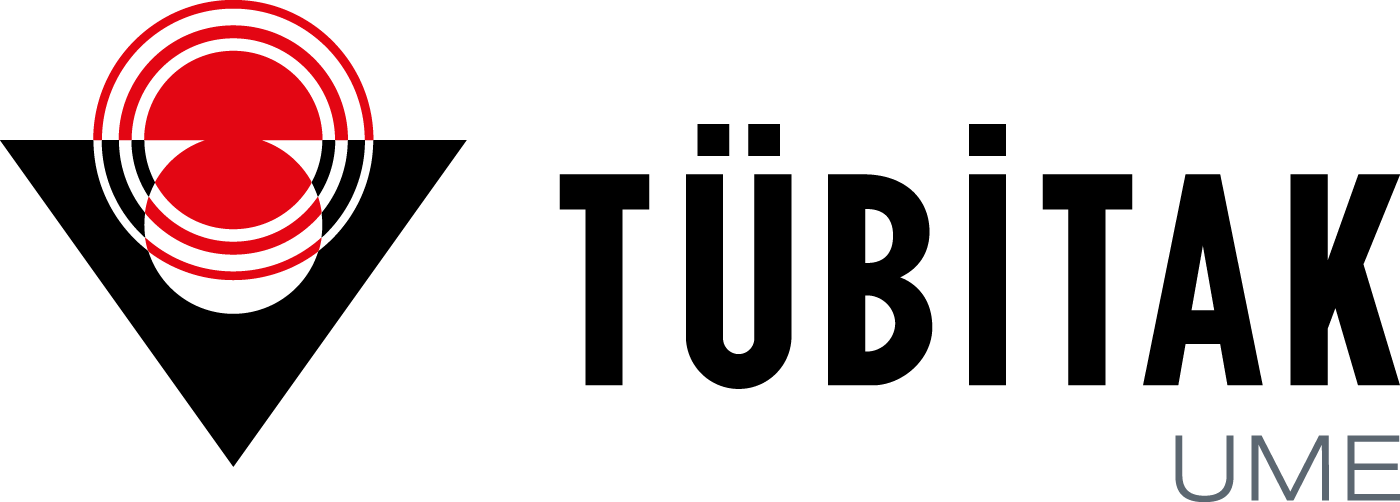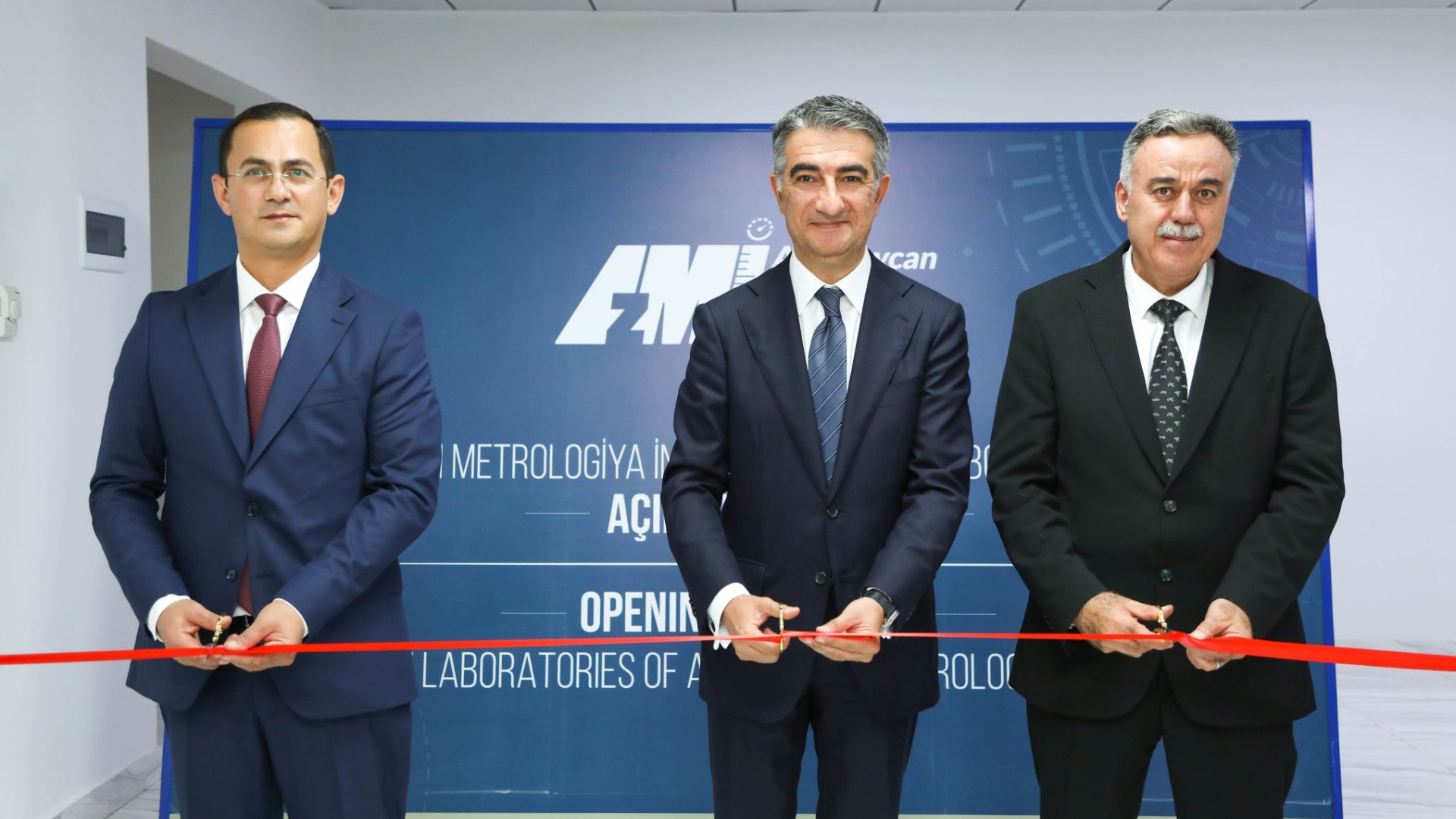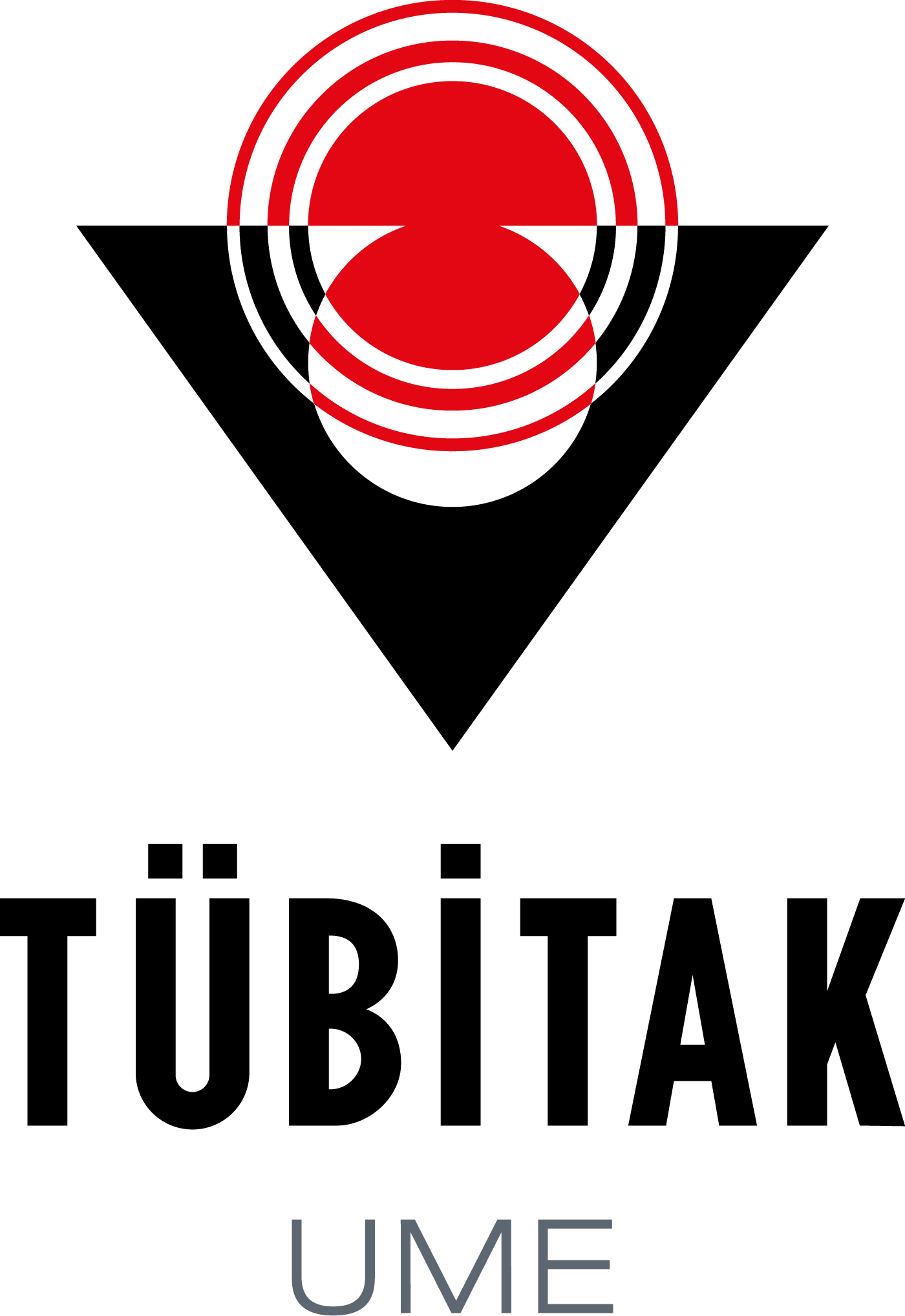TÜBİTAK UME hosted the 5th Annual Meeting of the Metrology Council of the Standards and Metrology Institute for Islamic Countries (SMIIC) held in Istanbul on April 18-19, 2018.
The meeting was attended by 23 representatives from 10 SMIIC member countries Burkina Faso, Bosnia and Herzegovina, Iraq, Iran, Libya, Saudi Arabia, Senegal, Uganda, Northern Cyprus and Turkey.
At the meeting where the future plans of the Organization of Islamic Cooperation (OIC) member countries for the development of metrology infrastructures, joint project opportunities, problems experienced and possible solutions were evaluated, the current situation of Muslim countries in the field of scientific, industrial and legal metrology and the necessary studies to make progress in these fields were discussed.
At the meeting, where the activities carried out for the production of halal food and halal products were also discussed, the participants were informed about TÜBİTAK UME's production of reference materials used in halal food certification and other projects, publications and studies in this field. In addition, legal metrology activities in Turkey and the latest developments were shared with the representatives of the member countries.
Quality management systems and the revised ISO 17025, developments in the field of metrology in member countries, existing infrastructure, needs and planning analysis, the establishment of internationally recognized laboratories and the 2018-2020 Strategy Plan were among the topics discussed at the meeting.
During the committee meeting, the participants were also informed about the application process for the long-term training program to be organized in 2019 within the scope of the BIPM (International Bureau of Weights and Measures) Capacity Building and Knowledge Transfer (CBKT) program, which TÜBİTAK UME is currently conducting.
SMIIC was established in 2010 within the Organization for Cooperation of Islamic Countries (OIC), aiming to develop national quality infrastructures in cooperation in order to eliminate incompatibilities in technical issues that constitute an obstacle to trade among Islamic countries.










